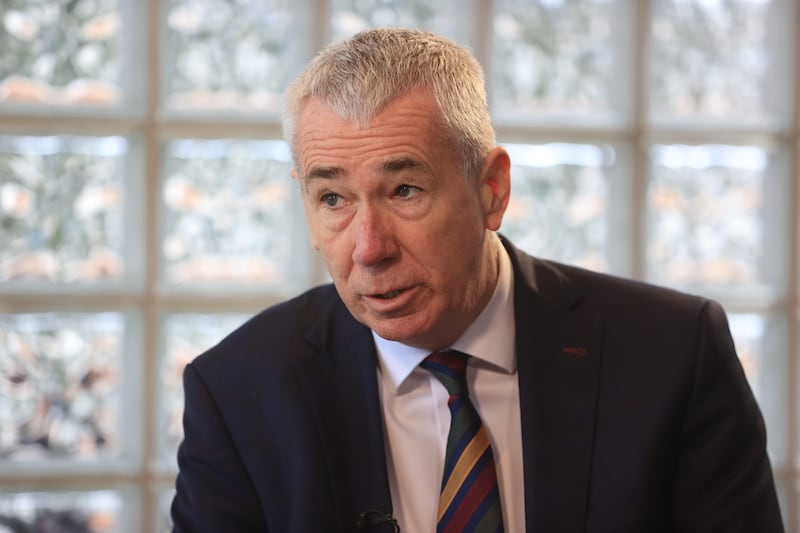The Supreme Court’s ruling that the PSNI was wrong not to investigate allegations that 14 men were tortured in 1971 can only be regarded as a significant step forward towards truth and justice.
Known as the "Hooded Men", they were among over 340 people, all of them from a nationalist background, who were imprisoned without charge or trial in the first internment swoop on August 9.
They were selected for what the British army called, with remarkable understatement, “interrogation in depth”. This included being forced to adopt positions to the point of collapse, hooding, subjection to white noise and deprivation of sleep, food and drink.
An RTE documentary about the men in 2014 publicised a memorandum by former Home Secretary, Merlyn Rees, which referred to UK ministers’ approval of torture. Following the broadcast, the PSNI considered whether it should carry out an investigation into what happened.
Despite the comprehensive catalogue of statements, documentation and corroboration, the PSNI decided there was not sufficient evidence to act. The legal process of appeal against that decision culminated in yesterday’s Supreme Court ruling, which described the report on which the PSNI based its decision as flawed and irrational.
In terms of public perception, that effectively places the PSNI in the dock.
Having resisted carrying out an investigation for so long, it appears fair to ask if the PSNI is an appropriate body to undertake an inquiry into what happened.
It will have difficulty claiming to be impartial. This suggests that the search for truth and justice might best be served by an independent inquiry, not just into the events of 1971, but also into the PSNI’s more recent failure to act.
The evidence presented to such an inquiry and its findings could be used in any subsequent legal proceedings, criminal or civil.
An investigation into government-backed torture would, of course, be embarrassing for the British authorities, which is another reason why London is keen to end all prosecutions for Troubles-related incidents.
However, it is in the public interest to establish the role and rationale of the British government in approving the torture of what it claimed were its own citizens.
Fifty years is a long time to wait to find out what happened and why. An independent inquiry can bring that long wait to an end.







